From one dog parent to another – real food advice that actually works
🐶 Feeding Your Dog Right: Why It Really Matters
Let’s be real — feeding your dog isn’t just about keeping their tummy full. It’s about giving them a healthy, happy, tail-wagging life. The food we serve affects everything from their energy to their coat shine, their teeth, their poop (yep, even that!), and most importantly, their long-term health.
I used to just grab any dog food from the store shelf. But once I learned more about what actually goes into dog food — and what my dog truly needs — everything changed.
So if you’re wondering, “What should I feed my dog for a healthy life?”, I’ve got you covered. Let me walk you through what’s worked for me — no vet degree needed, just love, research, and real experience.
🥩 Step 1: Start with a High-Quality Dog Food
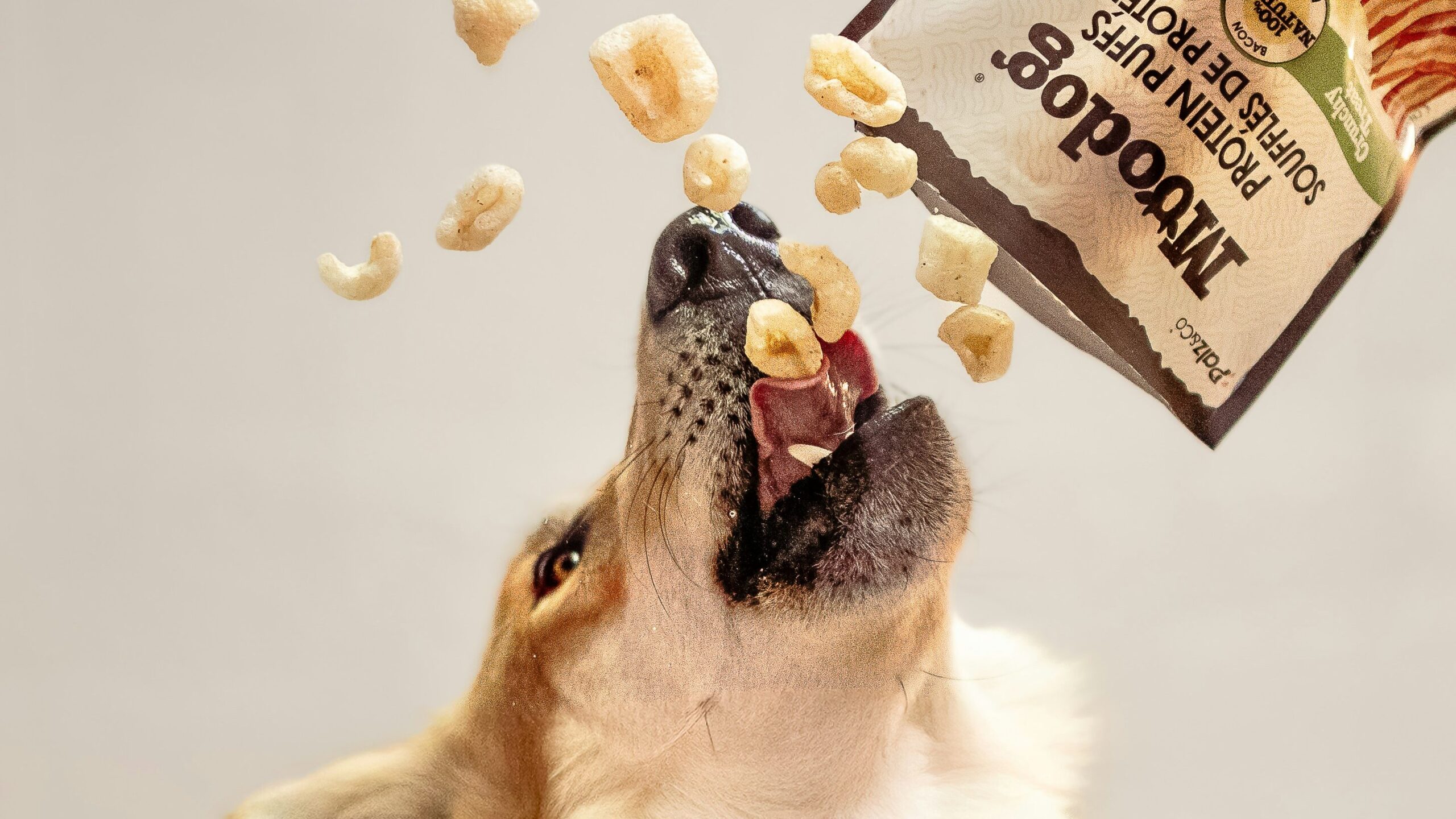
Trust me, all kibble is not the same. If you want your dog to thrive, the first step is choosing a dog food that’s actually good for them — not just what’s cheapest or has the cutest packaging.
Look for dog food that:
- Lists real meat (like chicken or beef) as the first ingredient
- Has whole grains or veggies — not fillers
- Avoids weird chemicals, dyes, and “meat by-products”
- Meets AAFCO standards for balanced nutrition
💡 Tip: If your dog food bag has ingredients you can’t pronounce… it’s probably not the best pick.
📎 Internal Link: Here’s a full list of Must-Have Dog Care Products where I share my favorite healthy food picks.
🥕 Step 2: Add Fresh, Healthy Foods (Yes, From Your Kitchen!)
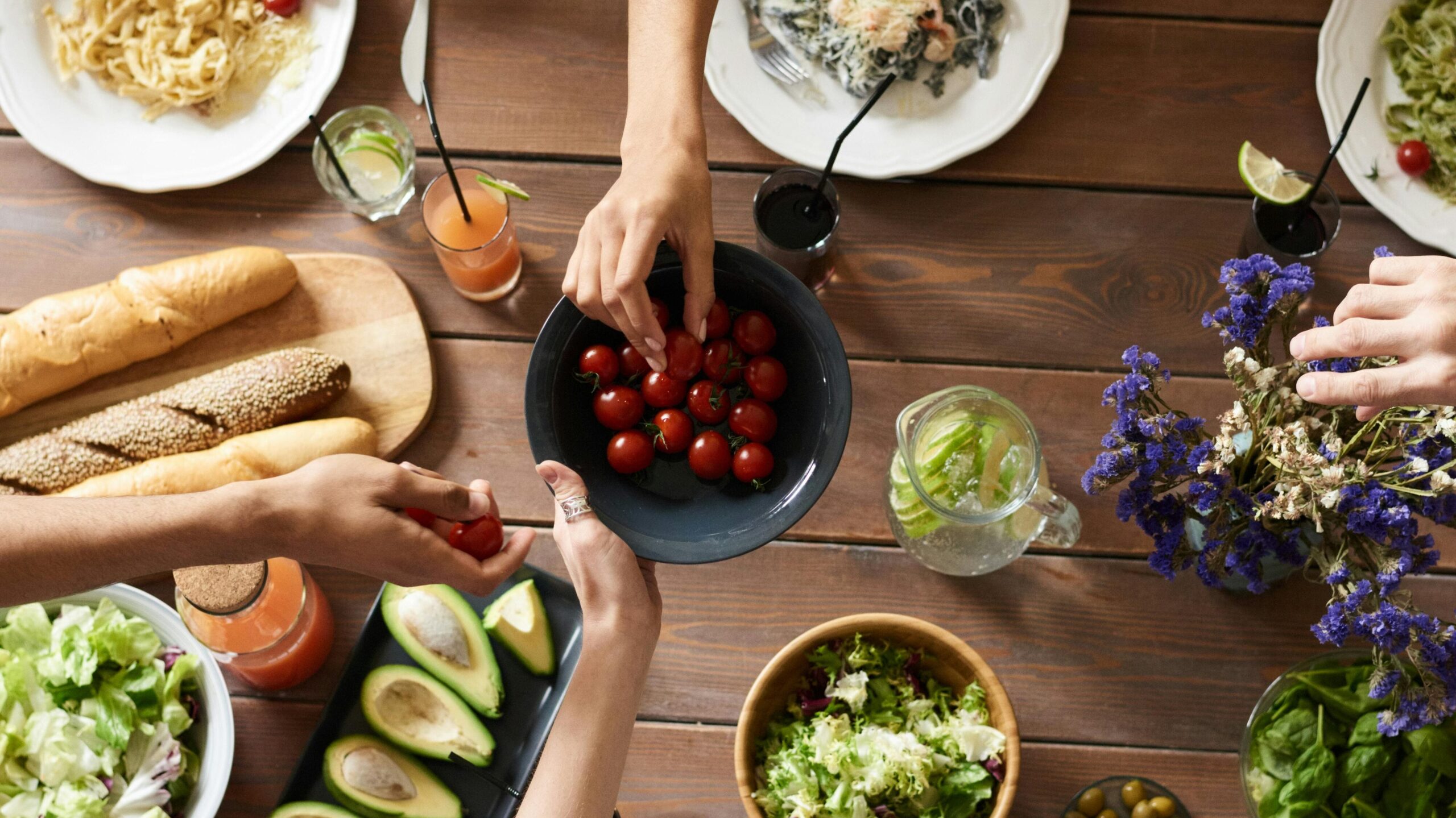
Adding a few human foods (the right ones!) can make your dog’s diet more exciting and more nutritious.
My dog lives for:
- 🥩 Cooked lean chicken or turkey
- 🥕 Carrots, cucumbers, green beans
- 🍎 Sliced apples (no seeds!)
- 🫐 Blueberries as a treat
- 🥄 Plain cooked rice or pumpkin if their tummy’s upset
⚠️ But be careful! Never give dogs grapes, chocolate, onions, garlic, avocado, or anything with xylitol.
📎 External Link: The AKC has a great list of what’s safe (and what’s not).
💧 Step 3: Keep Them Hydrated (Seriously, It’s Crucial)
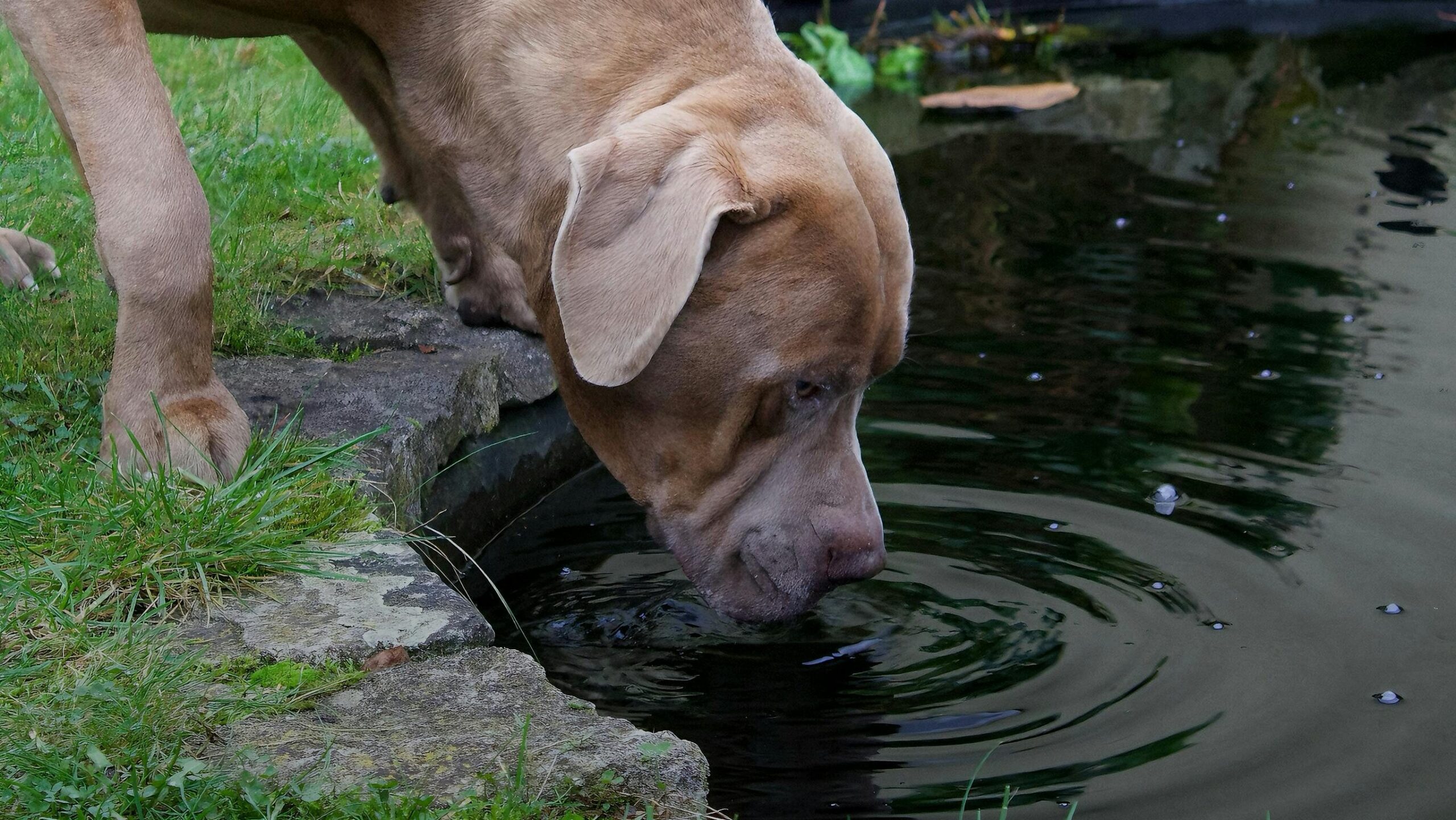
Water is often forgotten when we talk about dog health, but it’s just as important as food.
Dogs can’t say, “Hey, I’m thirsty.” So we need to:
- Keep water bowls clean and fresh
- Offer filtered water if your dog’s picky
- Add water to dry food if needed
- Give water-rich foods like cucumbers or watermelon in hot weather
🍽️ Step 4: Serving Size Matters (More Than You Think)
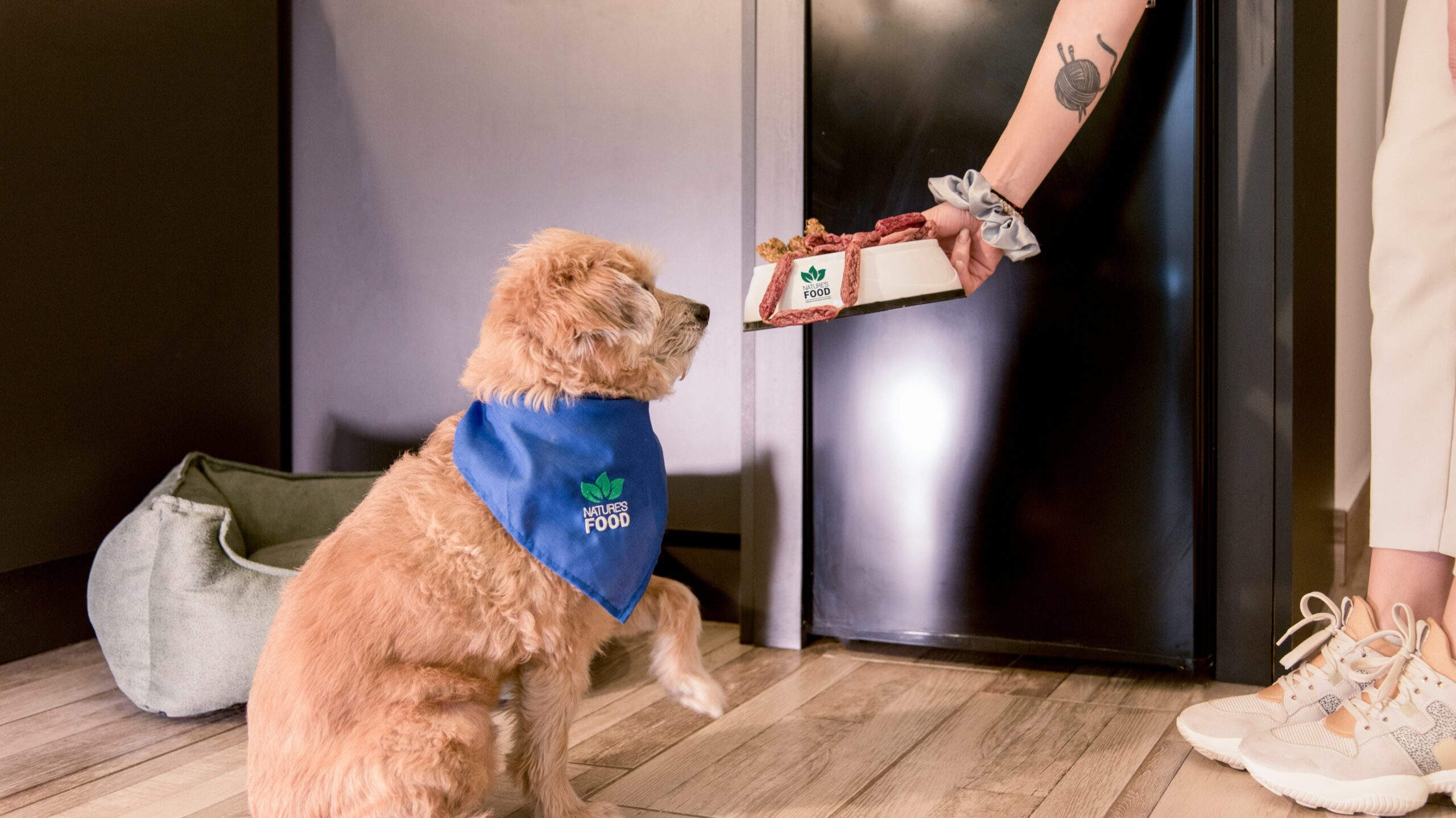
It’s easy to overfeed without realizing it. I used to “eyeball” meals until my vet pointed out my dog was a bit… chunky 🐶😅
Now I measure every meal. How much your dog needs depends on:
- Their size and breed
- How active they are
- Whether they need to gain or lose weight
🧠 Quick rule: If you can’t feel your dog’s ribs without pressing, you might be overfeeding. If they look too bony, underfeeding might be the issue.
💡 Use the feeding guide on the dog food bag — then adjust based on how your pup looks and acts.
🦴 Step 5: Do Dogs Need Supplements?
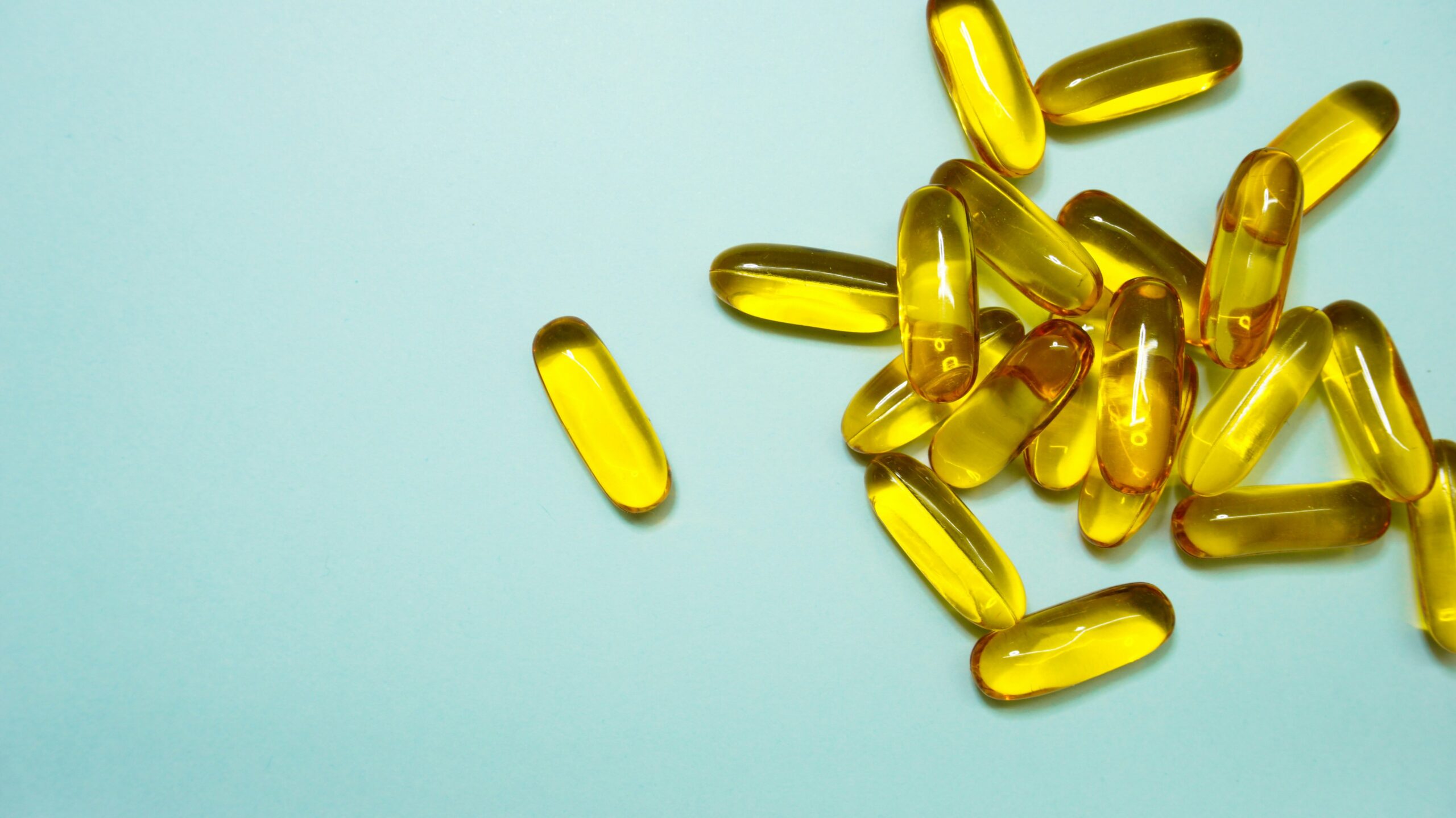
Most healthy dogs don’t need extra vitamins — but some might benefit from a little boost.
I personally give my senior dog:
- Glucosamine for her joints
- Omega-3s to keep her coat shiny
- A probiotic powder for digestion
Before starting any supplements, always ask your vet.
Here’s a great breakdown from VCA Hospitals on dog vitamins.
You’ll also find my favorite Dog Supplements Here.
🕒 Step 6: Feed on a Routine
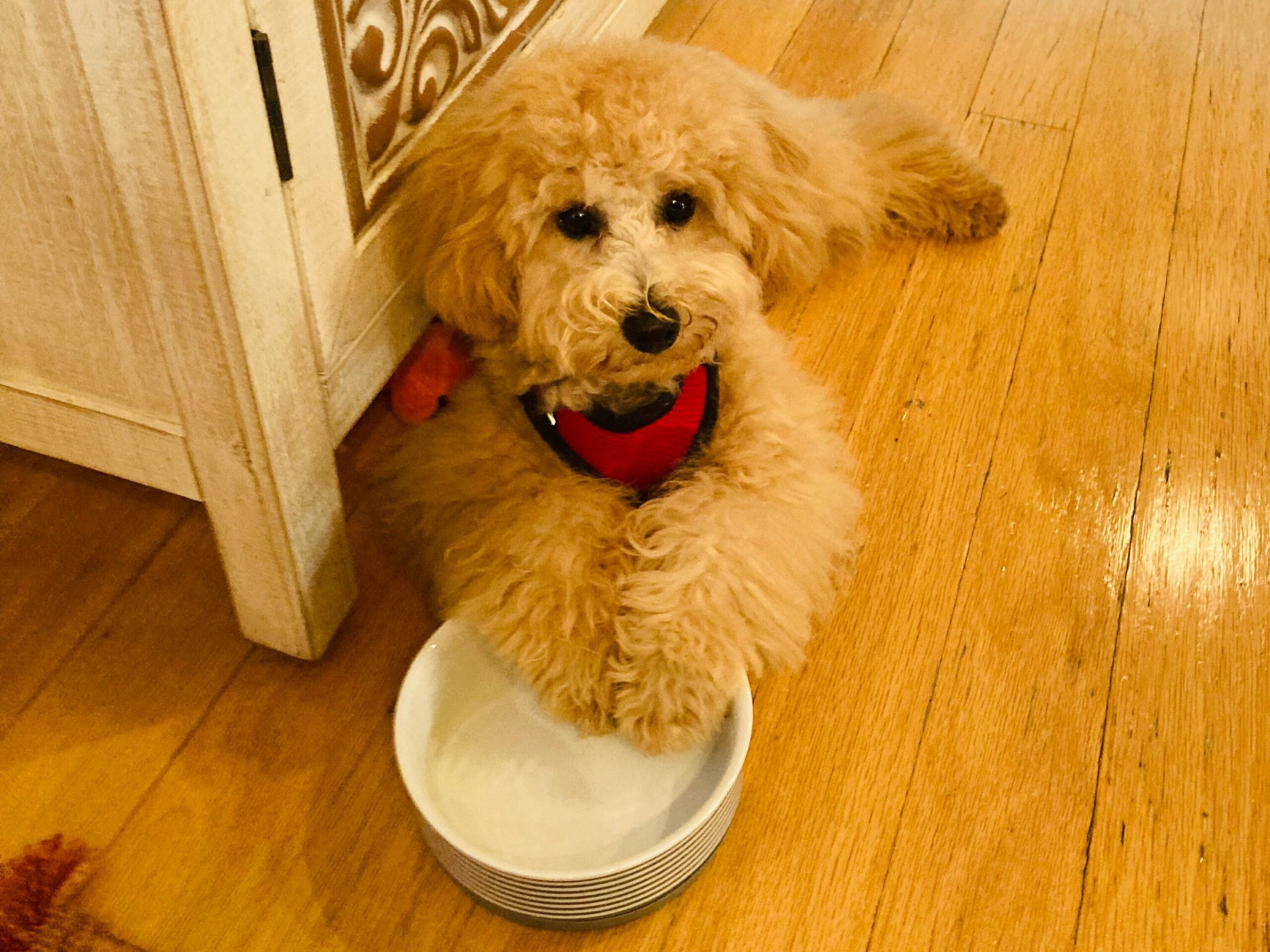
Dogs love routine (almost as much as they love treats). Feeding at the same time every day helps with digestion, weight control, and even behavior.
Here’s what works for most dogs:
- 🐶 Puppies: 3–4 small meals per day
- 🐕 Adults: 2 meals per day
- 🐾 Seniors: Same as adults, but watch for special needs
Avoid free feeding (leaving food out all day). It can lead to overeating and picky eating.
🦴 Step 7: Treats Are Okay — In Moderation!
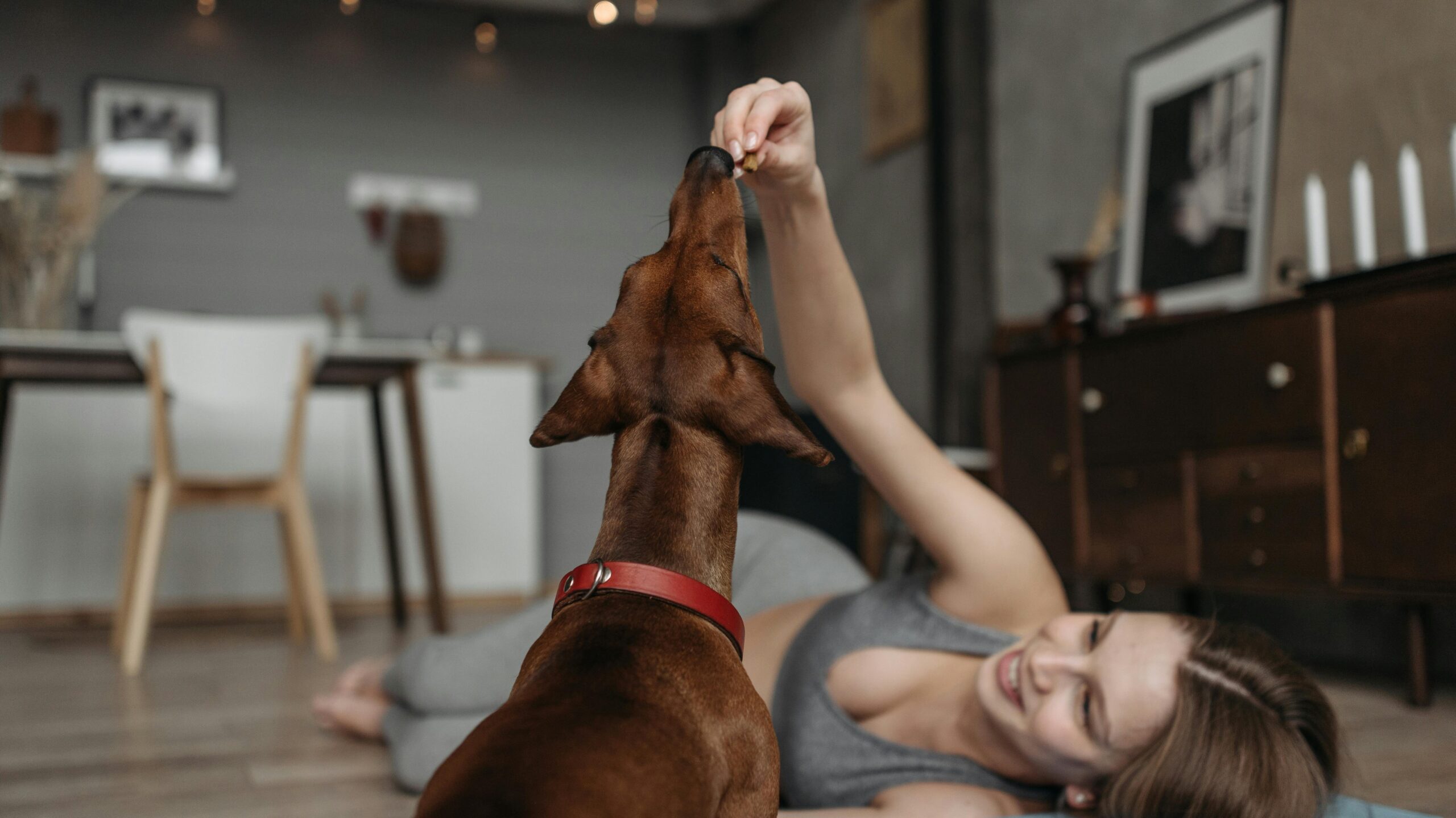
I love spoiling my dog. And yes, she knows exactly where the treat jar is. But I keep treats to less than 10% of her daily calories.
Healthy Treat Ideas:
- A piece of cooked chicken
- Baby carrots
- Freeze-dried liver
- Apple slices
For more natural treats, check out my full Dog Care Tips.
❓ Real-Life Dog Parent Questions
🐾 Can I cook for my dog?
You can! But make sure the meals are complete and balanced. A vet nutritionist can help you create safe, healthy homemade recipes.
🐾 Is grain-free food better?
Not always. Some dogs need grains for energy. And some grain-free diets have been linked to heart issues — so ask your vet before switching.
🐾 What if my dog’s a picky eater?
Try adding warm water, a little bone broth, or some fresh meat to their food. And avoid giving too many treats during the day — it kills their appetite at mealtime.
🐕 Final Thoughts: Feed with Love and Intention
Feeding your dog isn’t just about bowls and brands — it’s one of the most powerful ways you show love.
Now that you know what to feed your dog for a healthy life, you’re not just filling their belly — you’re filling their life with wellness, comfort, and joy. And they feel it. Every tail wag and happy bark is their way of saying, “Thanks for taking care of me.”
So grab that measuring cup, pick the good stuff, and keep learning — because your dog deserves nothing but the best. 🐾❤️
📚 Keep Learning with These Guides:
📎 How to Groom Your Dog at Home
📎 Signs of Dog Illness Every Owner Should Know

2 Responses